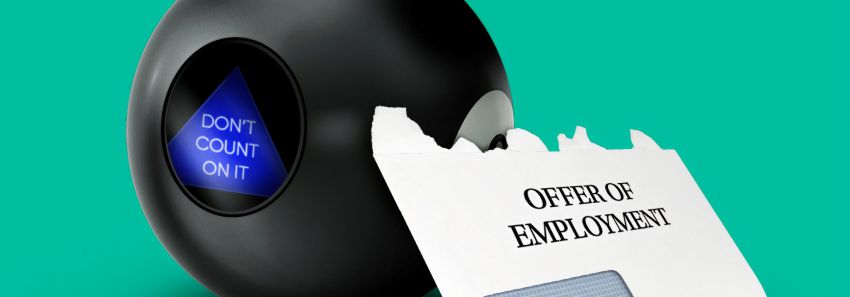Expanding your window of tolerance
Your meeting did not go to plan. Everyone and everything annoyed you. But did the meeting lead to your bad mood or your mood lead to a bad meeting? You were tired and irritable long before you stepped into the room. You were outside your 'window of tolerance.' Coined by Dr Dan Siegel, your 'window of tolerance' refers to the zone of arousal of your optimal state - the zone in which you're best able to function. To receive and process information, and self-regulate to the demands of everyday life with minimal difficulty....









